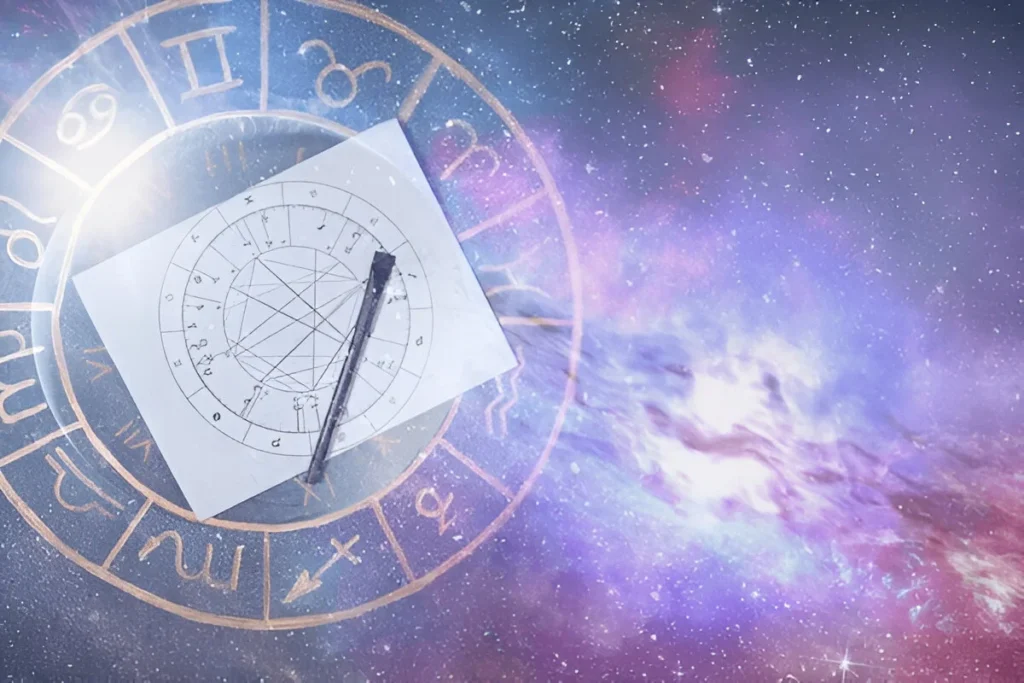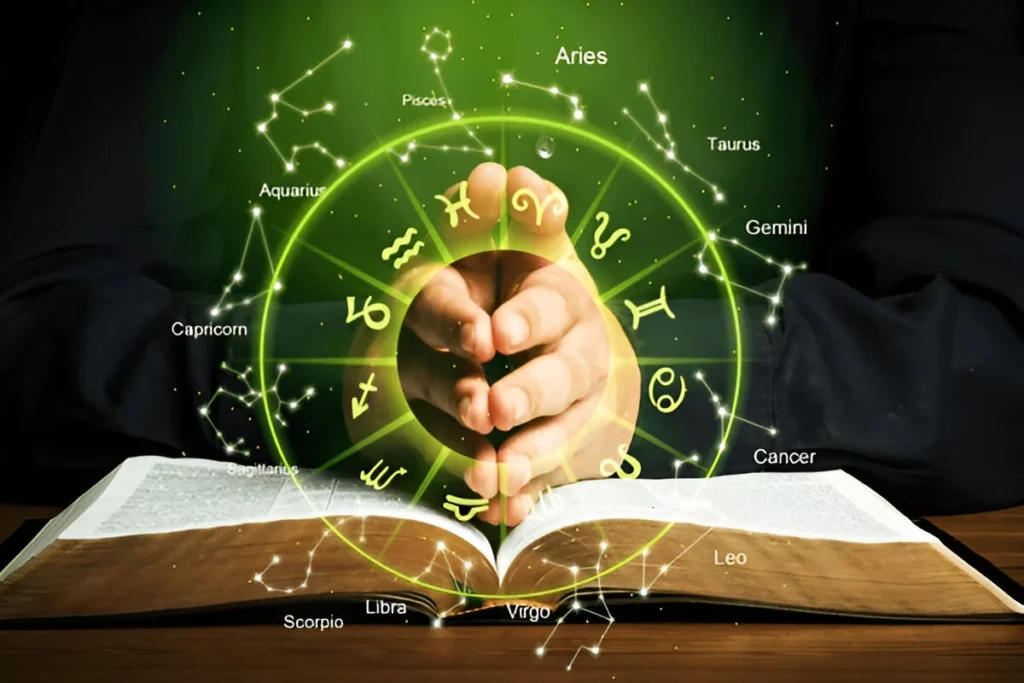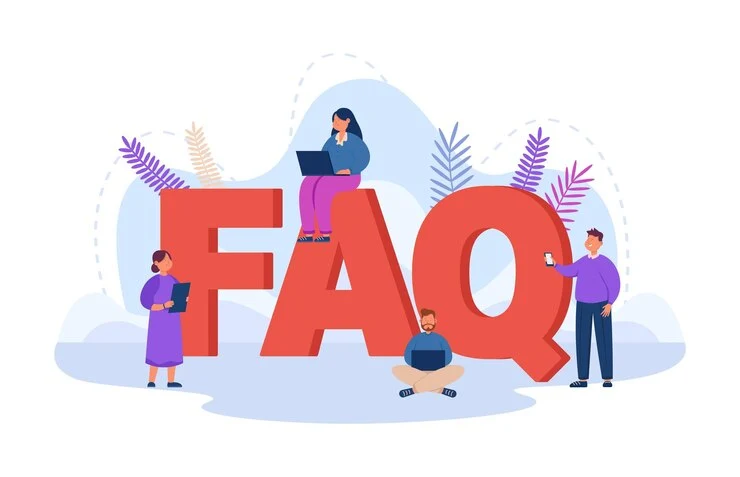Where to start if you are new to astrology, Learn step by step basics, and how Advanced Astrology Books for Astrologer can guide your deeper journey
Astrology has fascinated people for thousands of years. From ancient civilizations that tracked the stars to modern apps offering quick daily horoscopes, the interest in understanding cosmic influence has never faded. But if you’re new to astrology, the overwhelming amount of information can feel confusing. Where do you begin? How can you make sense of birth charts, zodiac signs, and planetary movements without getting lost?
This guide offers a clear roadmap for beginners, showing how to ease into astrology step by step, while also pointing toward deeper study through an astrology guide when you’re ready.

When someone is new to astrology, the sheer volume of terminology—sun sign, rising sign, houses, aspects—can feel like learning a new language. Add to that the mix of traditional, Vedic, Western, and modern astrology, and it’s easy to feel intimidated.
The key is to start simple. Focus on the basics, build a foundation, and gradually explore more advanced layers.
Your sun sign might already be familiar—it represents your core personality. But equally important are your moon sign (emotions and inner self) and rising sign (the “mask” you show to the world).
Understanding this “big three” provides the easiest entry point for anyone new to astrology.
Each zodiac sign carries its own traits, strengths, and challenges. Reading about all twelve can help you see patterns in people around you.
For example:
This broad overview helps you connect astrology with real-world behavior.
In astrology, planets are not just celestial bodies—they symbolize energies that shape our lives.
Getting familiar with the planets builds context for reading charts more deeply later.
A birth chart divides the sky into twelve “houses,” each representing an area of life.
Houses add richness to astrology by connecting planetary energy to life themes.
When planets “talk” to each other in your chart, they form aspects (angles). These reveal harmony, tension, or growth opportunities in your personality.
Transits, on the other hand, describe how current planetary movements influence your life. Together, they bring astrology alive as a practical tool rather than just abstract knowledge.

The internet is filled with articles and apps, but books provide structure and depth. Beginners often start with accessible guides, but as curiosity grows, many turn to Advanced Astrology Books for Astrologers to explore:
Books give a foundation that random online snippets often lack, ensuring learning stays accurate and comprehensive.
If you’re serious about moving beyond horoscopes, consider these tips:
It’s natural to make missteps in the beginning. Watch out for these pitfalls:
Recognizing these mistakes will keep your journey balanced and rewarding.

Q1. Do I need to know my exact birth time?
Yes, for accurate charts, especially your rising sign. Without it, interpretations may be incomplete.
Q2. Is astrology a science or belief system?
Astrology blends observation, symbolism, and cultural wisdom. While not a science in the modern sense, many use it as a tool for self-reflection.
Q3. Can apps replace studying astrology deeply?
Apps are useful for quick insights, but deeper understanding comes from structured learning—often through detailed books and consistent practice.
Q4. How long does it take to learn astrology?
There’s no fixed timeline. Basic knowledge can be gained in weeks, but mastery takes years of study and practice.
Q5. Should beginners jump into predictive astrology?
Not immediately. Focus on personality and birth chart basics before exploring prediction.
Starting astrology is like opening a new language that speaks to both the stars and the soul. If you’re new to astrology, remember to take small steps, explore at your own pace, and value accuracy over speed. With time, curiosity may lead you from beginner-friendly guides into the world of Astrology Books, where knowledge becomes richer and more profound.
The universe has many layers—and learning them patiently is the most rewarding part of the journey.